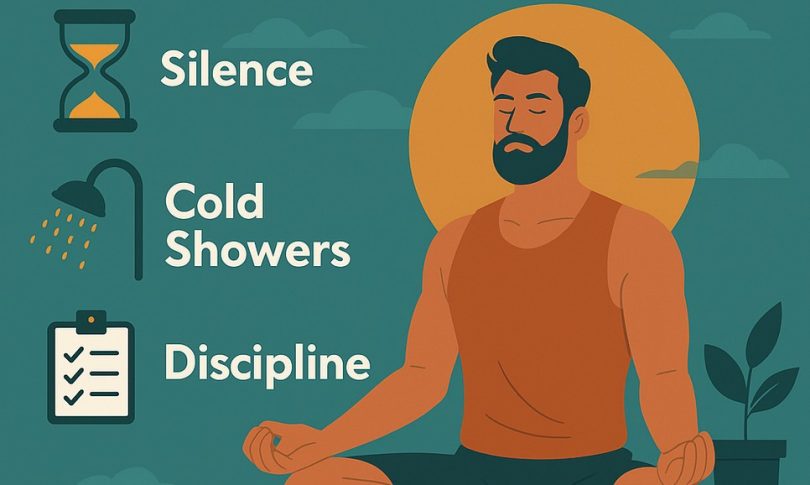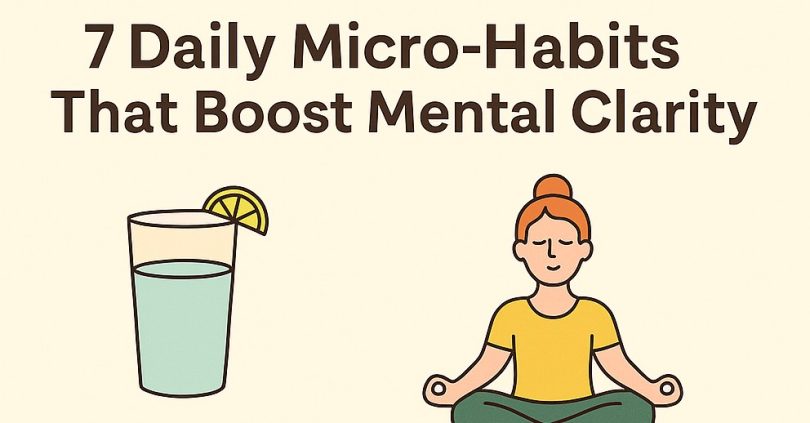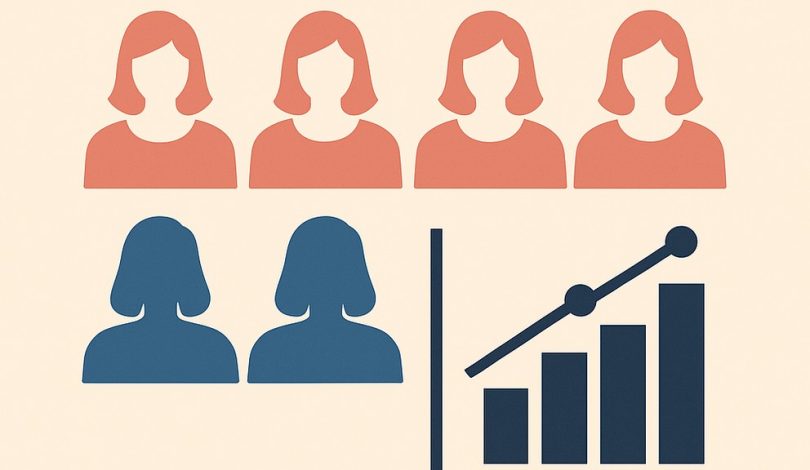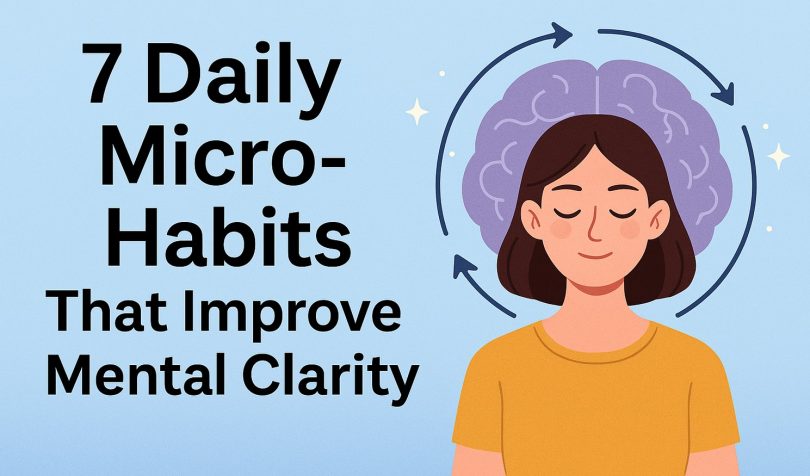Short term disability can be a lifeline for those experiencing significant mental health challenges. Understanding how to navigate this process can ensure you get the support you need during difficult times.
Table of Contents
- Understanding Short Term Disability for Mental Health
- Eligibility Criteria for Short Term Disability for Mental Health
- How to Apply for Short Term Disability for Mental Health
- Medical Evidence and Documentation
- Employer and Insurance Company Requirements
- Legal Rights and Protections
- Managing Your Mental Health During the Application Process
- Common Challenges and How to Overcome Them
- Success Stories and Case Studies
- FAQs
Key Takeaways
- Short term disability can cover various mental health conditions.
- Documentation and medical evidence are crucial for approval.
- Understand employer and insurance requirements to avoid delays.
- Legal protections are available to support your application.
Understanding Short Term Disability for Mental Health
What is Short Term Disability?
Short term disability (STD) provides partial income replacement for employees who are temporarily unable to work due to a medical condition, including mental health issues. This benefit ensures financial stability while you focus on recovery.
How Short Term Disability Applies to Mental Health Issues
Many mental health conditions, such as depression, anxiety, and bipolar disorder, can qualify for short term disability. Recognizing these conditions as legitimate reasons for taking time off work is essential for proper treatment and recovery.
Common Mental Health Conditions That Qualify
- Major Depressive Disorder
- Generalized Anxiety Disorder
- Bipolar Disorder
- Post-Traumatic Stress Disorder (PTSD)
- Schizophrenia

Eligibility Criteria for Short Term Disability for Mental Health
General Eligibility Requirements
To qualify for short term disability, you must meet specific criteria set by your employer and insurance provider. These typically include being employed for a certain period and having a documented medical condition that prevents you from working.
| Eligibility Factor | Requirements |
|---|---|
| Employment Duration | 6-12 months with the current employer |
| Medical Documentation | Proof of diagnosis and treatment plan from a healthcare provider |
Specific Criteria for Mental Health Conditions
For mental health-related short term disability, additional documentation may be required, such as a comprehensive evaluation from a mental health professional. Continuous treatment and adherence to prescribed therapies are also critical factors.

Documentation Needed to Prove Eligibility
Gathering the right documentation is crucial. This includes medical records, a detailed diagnosis, treatment plans, and any notes from your healthcare provider. These documents help establish the severity and impact of your condition on your ability to work.
How to Apply for Short Term Disability for Mental Health
Step-by-Step Guide to the Application Process
The application process can be straightforward if you follow these steps:
- Notify your employer about your condition and intention to apply.
- Obtain the necessary forms from your HR department or insurance provider.
- Complete the forms with accurate and detailed information.
- Submit your application along with all required documentation.
- Follow up with your employer and insurance provider to ensure your application is processed promptly.
Forms and Documents Required
Typical forms include an employee statement, an employer statement, and a physician’s statement. Ensure all sections are filled out correctly and comprehensively.
Tips for a Successful Application
- Be thorough and honest in your application.
- Provide clear and concise medical documentation.
- Keep copies of all submitted forms and documents.
- Communicate regularly with your employer and insurance provider.

Medical Evidence and Documentation
Importance of Medical Evidence
Medical evidence is the cornerstone of your short term disability application. It demonstrates the legitimacy of your condition and its impact on your ability to work.
Types of Documentation Required
- Doctor’s notes and letters
- Medical records and test results
- Treatment plans and therapy notes
- Prescription records
How to Obtain and Organize Medical Documentation
Start by requesting copies of your medical records from your healthcare providers. Keep these documents organized in a file or digital format for easy access. Ensure all documentation is up-to-date and relevant to your condition.
Employer and Insurance Company Requirements
Understanding Employer-Specific Requirements
Each employer may have unique requirements for short term disability claims. These can include specific forms, deadlines, and communication protocols. It’s essential to understand these requirements to avoid delays or denials.
How to Navigate Insurance Company Policies
Insurance companies also have their own set of rules and procedures. Familiarize yourself with these policies by reviewing your insurance plan documents or speaking directly with an insurance representative.
Communicating Effectively with Your Employer and Insurance Provider
Maintaining open and clear communication is crucial. Inform your employer and insurance provider about your condition and your intention to apply for short term disability. Keep them updated throughout the process to ensure smooth handling of your claim.

Legal Rights and Protections
Overview of Legal Protections for Employees
Several laws protect employees seeking short term disability for mental health, including the Americans with Disabilities Act (ADA) and the Family and Medical Leave Act (FMLA). These laws ensure that employees are not discriminated against or unfairly treated because of their mental health conditions.
Key Laws and Regulations
The ADA prohibits discrimination based on disability, including mental health conditions. The FMLA allows eligible employees to take unpaid leave for serious health conditions, including mental health issues. Understanding these laws can help you protect your rights.
How to Protect Your Rights During the Application Process
Stay informed about your rights and seek legal advice if needed. Document all interactions with your employer and insurance provider, and ensure that your application and medical documentation are complete and accurate.
Managing Your Mental Health During the Application Process
Tips for Coping with Stress and Anxiety
Applying for short term disability can be stressful. Practice stress-relief techniques such as deep breathing, meditation, and physical exercise. Seek support from friends, family, or a mental health professional.
Support Systems and Resources Available
There are numerous resources available to support you during this time. Consider joining a support group for individuals with similar experiences. Utilize employee assistance programs (EAPs) and online resources for additional help.
Importance of Self-Care and Mental Well-Being
Maintaining your mental health is paramount. Prioritize self-care activities that you enjoy and that help you relax. This could include hobbies, spending time in nature, or practicing mindfulness.

Common Challenges and How to Overcome Them
Potential Obstacles in the Application Process
Common challenges include insufficient medical documentation, misunderstandings with employers or insurance providers, and lengthy processing times. Being proactive and thorough can help mitigate these issues.
Strategies for Addressing and Overcoming These Challenges
Keep detailed records and copies of all correspondence and documentation. Follow up regularly with your employer and insurance provider. Seek assistance from a legal or medical professional if you encounter significant obstacles.
When to Seek Professional Help or Legal Advice
If your application is denied or you face discrimination, consider consulting with a lawyer who specializes in disability law. A mental health professional can also provide valuable support and documentation to strengthen your case.
Success Stories and Case Studies
Real-Life Examples of Successful Applications
Reading about others’ experiences can provide hope and guidance. For instance, John, a software developer, successfully obtained short term disability for severe depression. With the right documentation and support from his healthcare provider, his application was approved in just a few weeks.
Lessons Learned from Their Experiences
Common themes from successful cases include thorough documentation, clear communication with employers and insurance providers, and seeking timely professional advice. These strategies can significantly enhance the likelihood of a successful application.
Inspirational Stories to Motivate and Guide Others
Stories of resilience and determination can be incredibly motivating. For example, Sarah, a teacher, faced significant challenges but persevered with the support of her family and mental health professional, ultimately securing the benefits she needed.
Frequently Asked Questions (FAQs)
What mental health conditions qualify for short term disability?
Many mental health conditions can qualify for short term disability, including depression, anxiety, bipolar disorder, PTSD, and schizophrenia. It’s essential to provide thorough medical documentation to support your claim.
How long does it take to get approved for short term disability for mental health?
The approval process can vary but typically takes a few weeks to a couple of months. Ensuring your application is complete and well-documented can help expedite the process.
Can I be denied short term disability for mental health?
Yes, applications can be denied if they lack sufficient documentation or if the condition is not deemed severe enough to prevent you from working. If denied, you have the right to appeal the decision.
What should I do if my application for short term disability is denied?
If your application is denied, review the denial letter for specific reasons, gather additional evidence, and consider appealing the decision. Consulting with a legal or medical professional can also be beneficial.
How does short term disability for mental health affect my job security?
Your job security can be protected under laws such as the ADA and FMLA. These laws prevent employers from discriminating against you because of your disability and provide provisions for medical leave.






